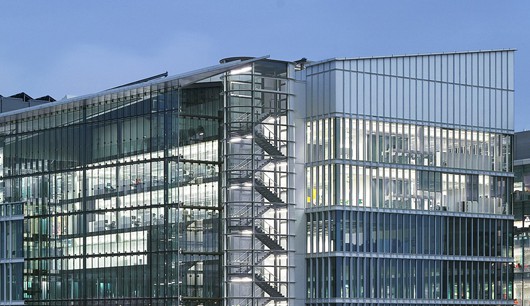
AstraZeneca has signed a wide-ranging deal with Isis to develop antisense-based drugs for kidney, cardiovascular and metabolic diseases, extending an earlier collaboration between to two firms.
The two companies joined forces to develop new delivery methods for antisense drugs in several clinical indications last year, including cancer, but have now taken the project to the next level with a formal agreement to take several programmes into development.
AZ’s decision is further evidence of the increasing traction in the development of antisense drugs, which target RNA-mediated pathways in the cell involved in the production of proteins.
Despite years of research there are still only a handful of antisense drugs on or nearing the market, with the field held back primarily by difficulties in overcoming the challenge of delivering the large antisense molecules into target cells.
AZ is paying Isis $65m upfront, as well as development and regulatory milestones for each programme that reaches clinical development and royalties on any eventual sales. The company said antisense is “gaining momentum in the clinic and becoming an important component of our early stage pipeline.”
For Isis, the agreement adds another strategic-level collaboration to sit alongside others such as its $835m stomach disease alliance with Janssen and $1.5bn collaboration with GlaxoSmithKline on rare diseases. The new agreement also marks the first time Isis has started working on diseases of the kidney.
The new antisense deal bolsters AZ’s pipeline across a number of its growth platforms – cancer, diabetes, respiratory, antithrombotic drug Brilinta (ticagrelor), Japan and emerging markets – which it expects will drive annual sales to $45bn by 2023.
Sales rise
Last week, the company showed it was making progress towards that objective after reporting a 1% increase in first-half revenues to $12.4bn at constant exchange rates, giving it six consecutive quarters of growth that according to chief executive Pascal Soriot “looked unlikely only one or two years ago.”
The company’s growth platforms grew 11% in the first six months of the year and now account for 56% of its total revenue. Brilinta put in a stellar performance, with sales rising 42% to $275m on the back of increased market share in the US and Europe as well as strong sales in emerging markets.
Despite the looming threat of generic competition to big-selling cholesterol drug Crestor (rosuvastatin) in the US, Soriot said the company is moving from “a very concentrated portfolio supported by two or three very large products to a portfolio that is made of a larger number of products that all are growth drivers.”




